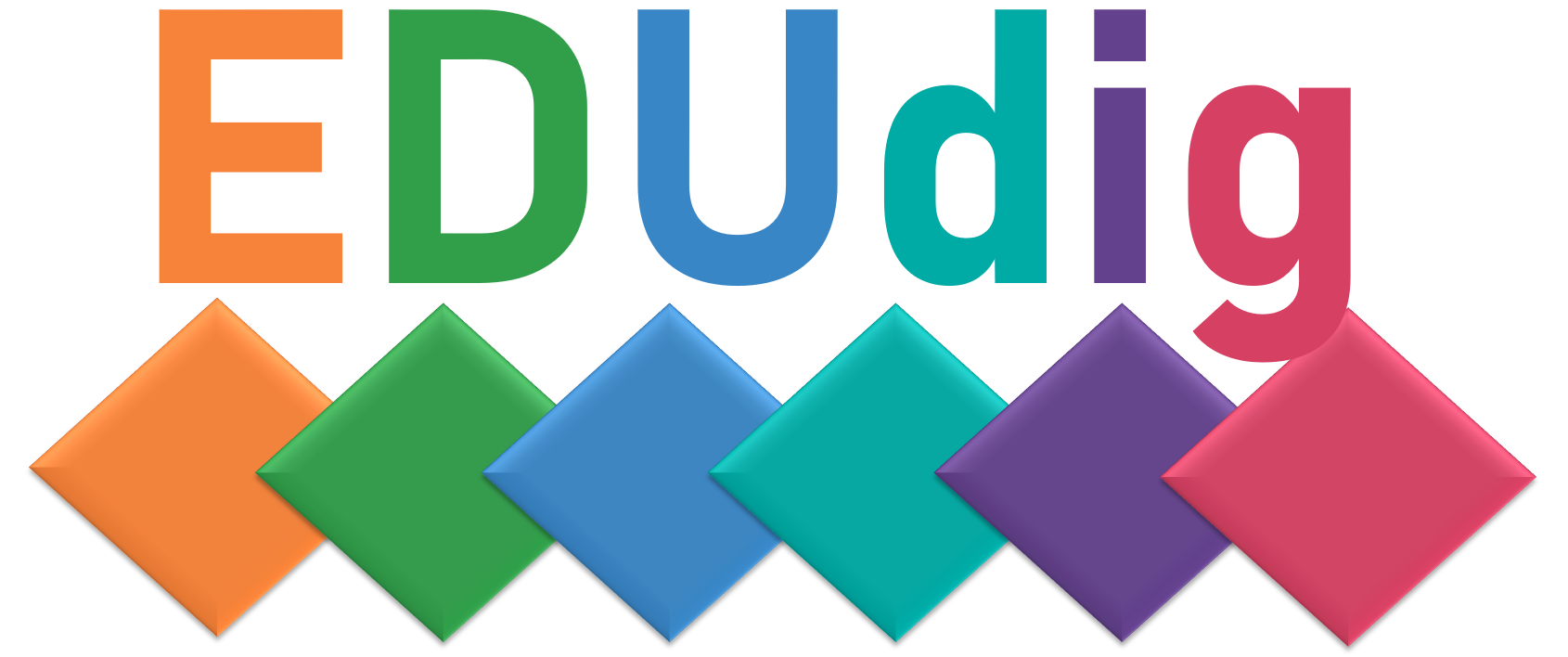Benchmarking typically is a punctual comparison of best-in-class key performance indicators (KPIs) with other participants (quantitative comparison to develop good or best practice cases). The focus is on comparing numbers that describe past events, while people involved might not have direct contact in physical conversations.
In contrast, benchlearning is an ongoing knowledge sharing process over a longer period of time, the focus of which is on learning from participants and creating new knowledge, comparison of future initiatives, and insights together (qualitative comparison and learning). Benchlearning connects people via physical events and creates trust to share past and present experiences.
Sometimes also called “Good practice” is a way of proceeding that has been widely accepted as preferably to alternatives for maintaining and enhancing quality or performance when strict or explicit benchmarks of quality or performance are not available. Good practice (sometimes exaggerated as “Best practice”) can be based on exchange of comparative experience that draws on various sources of information and data that do not (have to) always or entirely meet scientific criteria.
Both benchmarking and benchlearning may rely on SWOT analysis.
A benchlearning process can be analysed into five phases – Planning and Preparation; Analysis; Integration; Action; Maturity – and several steps which detail the five phases. Roughly, these steps are to determine benchlearning entities, methodology for collecting benchlearning data, and collect these data (Planning and Preparation); identify current performance gaps and future performance potential, e.g., by SWOT analysis (Analysis); communicate benchlearning results and gain acceptance, and set up functional goals for benchaction (Integration); conduct targeted benchactions and monitor their progress (Action); and fully integrate novel practice including leadership engagement (Maturity).
Models of benchlearning processes from the literature, for example Freytag, P.V. & Hollensen, S. (2001) The process of benchmarking, benchlearning and benchaction. The TQM Magazine 13(1), pp. 25-34. https://doi.org/10.1108/09544780110360624
For example, a 14-step model of benchlearning processes: Leiber, T., 2020, Performance data governance and management in learning and teaching: Basic elements and desiderata in the light of a European case study. In: Gesellschaft für Hochschulforschung (GfHf) (Ed.) (2020) Transformation of Society, Transformation of Science, Documentation of the Annual Meeting 2019 of the Society for Higher Education Research, GfHf, pp. 1-13, Figure 2.
